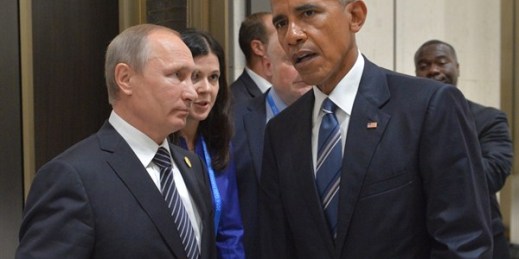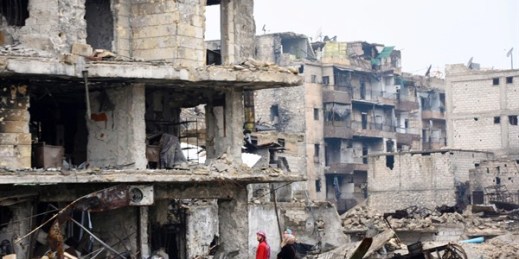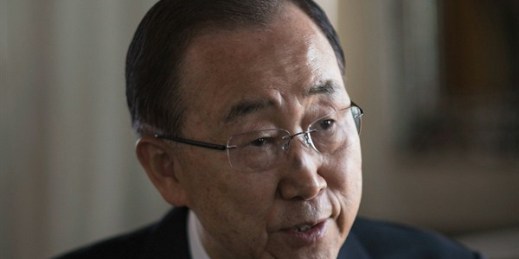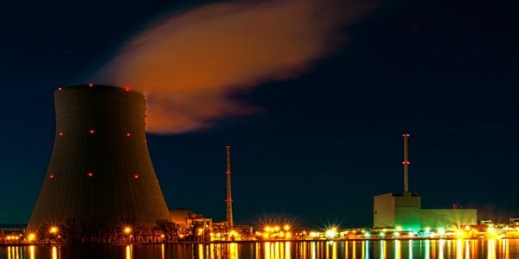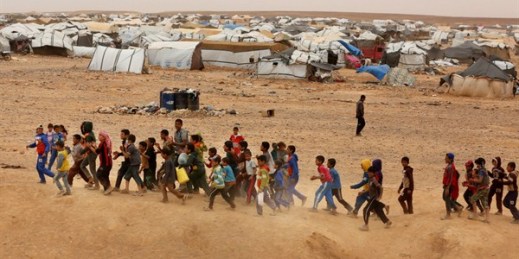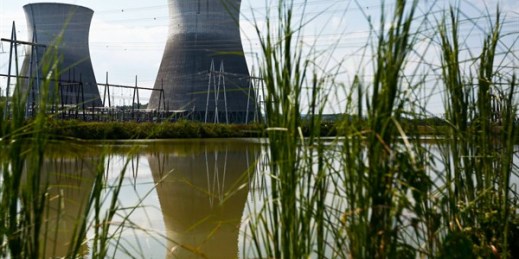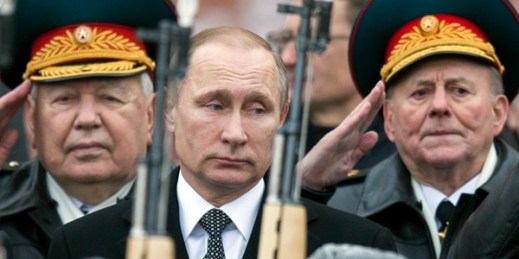
It was a year of turmoil and unpredictability, and World Politics Review covered it all. Our 10 most-read articles of 2016 reflect the scope of our coverage and the diverse interests of our readers. The list below, based on unique page views, runs across the world, from Eastern Europe to the South China Sea, with stops in Ethiopia, Uganda, Iran, the Philippines and elsewhere. Where will the stories of 2017 be? 1. Putin’s Intimidation Strategy Backfires as Eastern Europe Turns to NATOFrida Ghitis May 11, 2016 2. Ethiopia’s Regime Prioritizes Power Over Reform as Ethnic Protests ContinueWilliam DavisonAug. 29, 2016 […]

